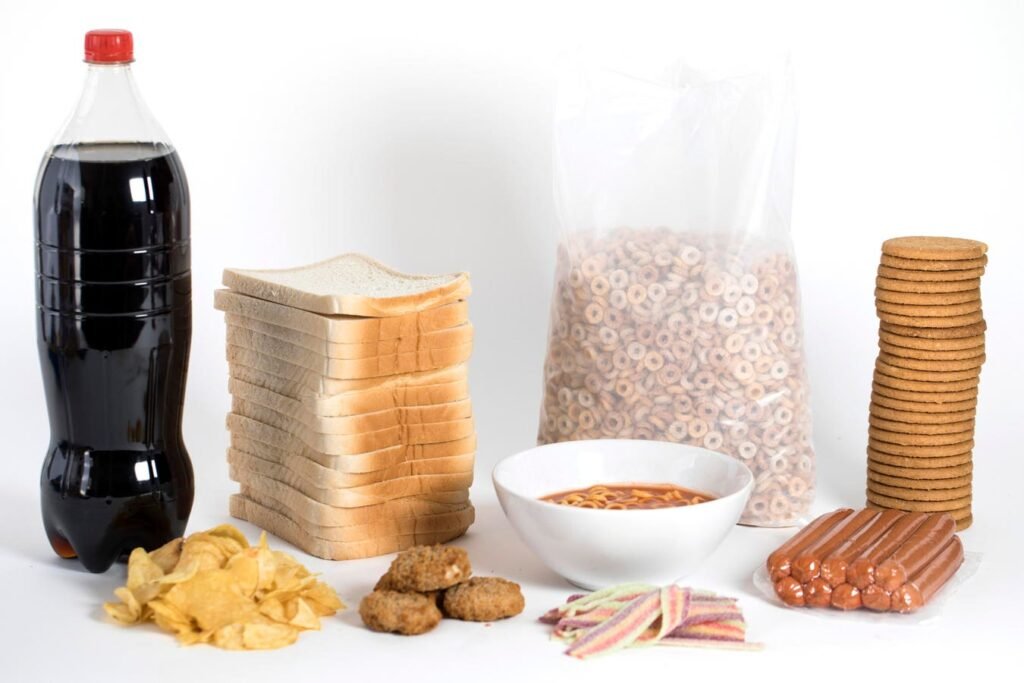(Photo illustration: Dan Kitwood/Getty Images)
More than 540 million people worldwide have type 2 diabetes. Over the past 30 years, the prevalence of this lifestyle disease has increased significantly in both developed and developing countries. One way to reduce the risk of type 2 diabetes is to reduce the intake of ultra-processed foods. Recent studies have shown that even a 10% increase in the intake of ultra-processed foods, such as savory snacks, animal products, and prepared meals, increases the incidence of type 2 diabetes by 17%.
“We demonstrated that replacing UPF with other less processed foods is associated with a reduced incidence of type 2 diabetes,” the researchers explain in the study. “There are several potential mechanisms linking increased intake of ultra-processed foods with the development of type 2 diabetes.”
“These mechanisms include nutrient and energy content/density, healthy food substitutions and reduced adherence to national public health dietary guidelines, the adverse effects of preservatives, neocontaminants (contaminants formed during the preparation of ultra-processed foods), additives and colours (e.g. inflammation), and dysregulated mechanisms of weight regulation and weight gain,” the researchers explained.
In a press release, Samuel Dicken from the London School of Medicine and lead author of the study said, “The good news is that replacing UPF with less processed foods reduces the risk of type 2 diabetes. ” The findings highlight that replacing 10% of ultra-processed foods in the diet with less processed foods reduces the risk of type 2 diabetes by 14%.
Less processed foods include eggs, fresh fruits and vegetables, beans, nuts, etc. Interestingly, the study also revealed that not all ultra-processed foods are associated with type 2 diabetes. The researchers highlighted that bread, biscuits, breakfast cereals, and their plant-based alternatives were associated with lower incidence of type 2 diabetes compared to the ultra-processed foods mentioned above.
Rachel Batterham, lead author of the study from the London School of Medicine, University of London, said in a press release: “The UPF subgroup analysis in this study highlights and confirms that not all foods classified as ultra-processed are the same in terms of their associated health risks. Bread and cereals, for example, are staple foods for many people. Based on our findings, we believe that bread and cereals should be treated differently from savory snacks and sugary drinks in terms of the dietary advice we give.”
The researchers analysed data from 311,892 people who took part in the European Prospective Investigation into Cancer and Nutrition (EPIC), a study that looked at participants’ dietary patterns and behaviours in detail.
Of these, 14,236 were diagnosed with type 2 diabetes.
The results of this study are: The Lancet Community Health recently.
Several studies have warned that people around the world are consuming ever-larger amounts of ultra-processed foods, which could result in a significant increase in the burden of chronic diseases such as cancer, obesity, depression, cardiovascular disease and type 2 diabetes.
The researchers further note: “These findings have strengthened calls for policy action regarding UPF. However, debate continues as to whether UPF intake should be reduced or whether its formulation should be modified to increase its nutritional value. Furthermore, several important questions remain to be answered in order to guide the most appropriate policy actions.”




